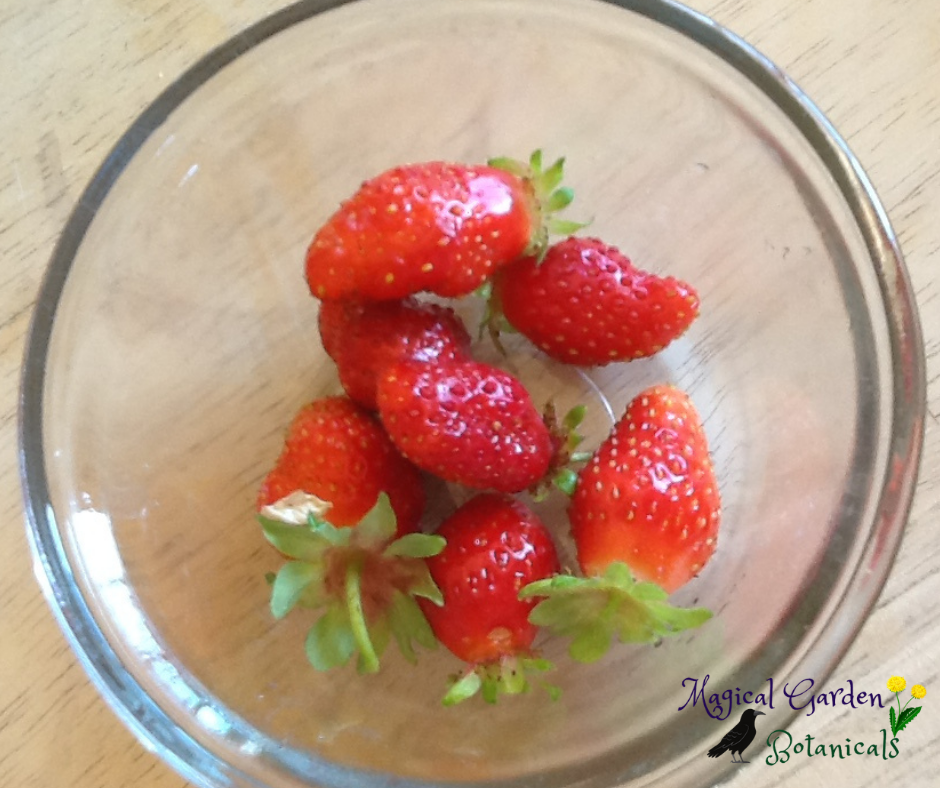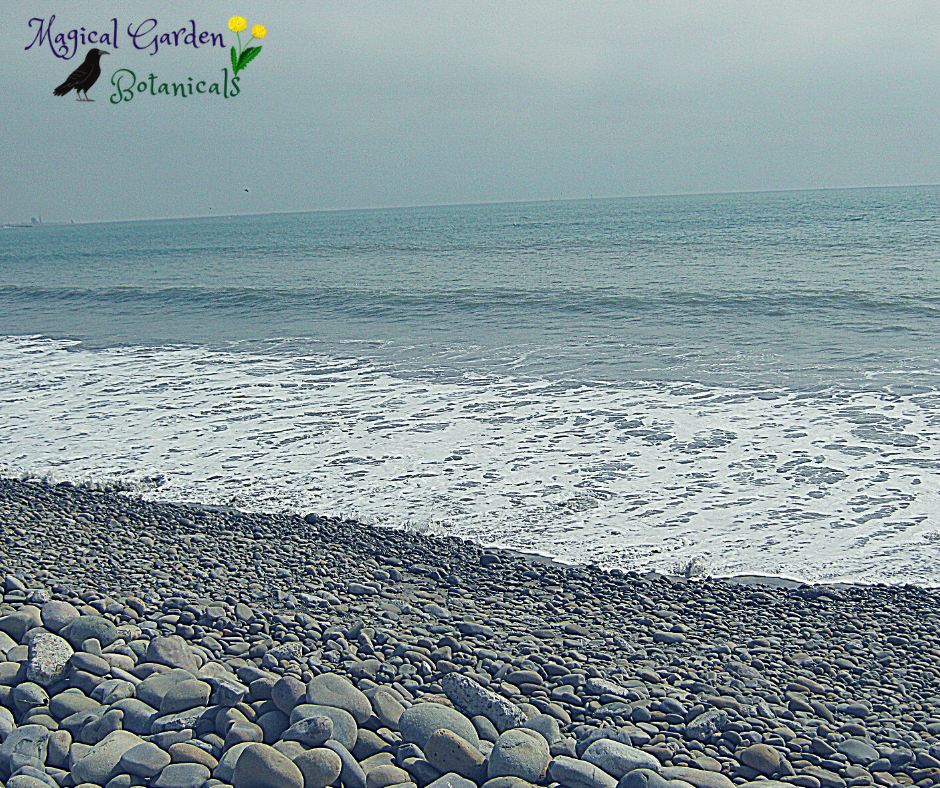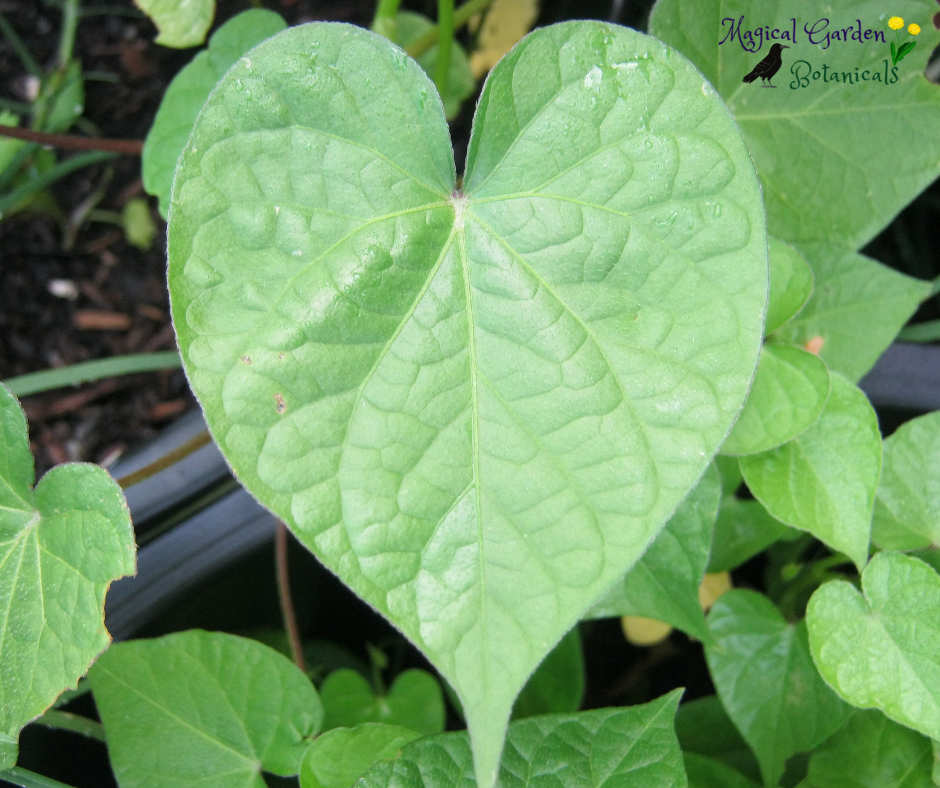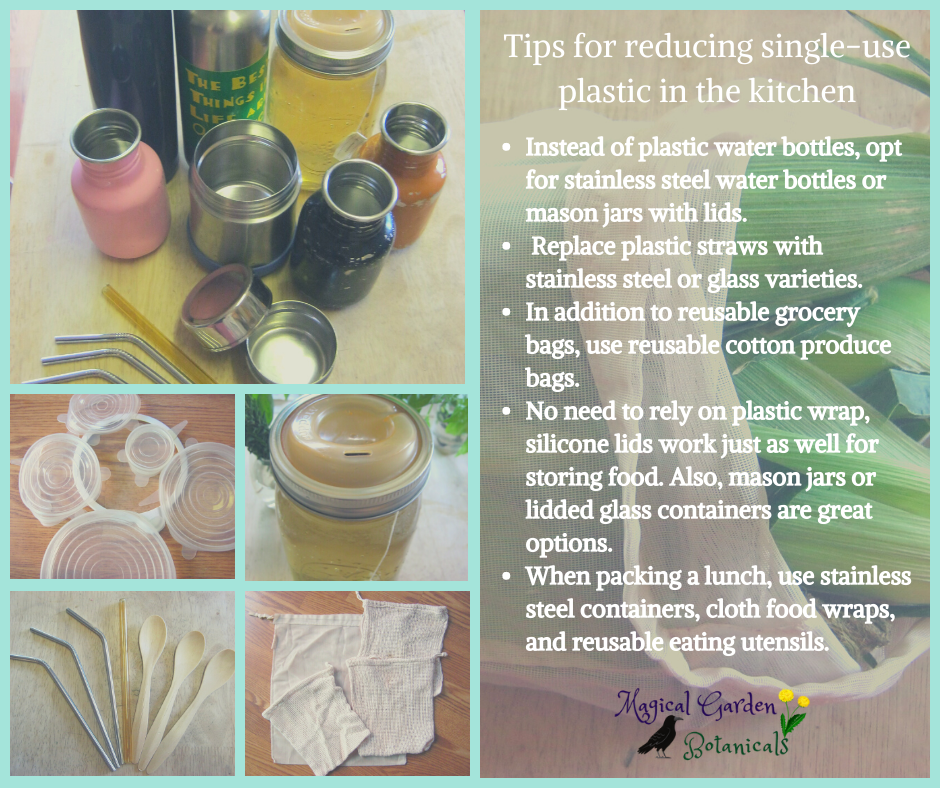Pledge to be Plastic Free for the Month of July
Even the smallest lifestyle change can make a big difference.
Have you heard about Plastic Free July? It’s a challenge, or pledge, to avoid all single-use plastic for the month of July. What is single-use plastic? It’s items that are used once and then disposed of. This includes plastic straws, water bottles, bags, eating utensils, and packaging. The goal can be tailored to what works best for you and your living situation. In other words, it’s about making a conscious effort to reduce the amount of plastic we bring into our lives. If joining the challenge is of interest to you, the links are posted below.
So what does a “plastic-free month” mean to the enormous and ever-growing amount of plastic that is clogging up our Earth? Actually, a lot. Small changes are a catalyst for lasting change. By seeing the changes we can make and working to implement them into our lives for an entire month, it is quite likely that at least some of these changes will remain with us.
Education is the key to environmental preservation.
How about some inspiration or ideas?

Some foods come in their own packaging, like bananas and apples, but what about other items like sandwiches or crackers? For the sake of convenience, many use plastic baggies to store lunch items. A bag or two a day may seem minimal until you look at the big picture…continue reading.

Most of us don’t give much thought to something once it has been discarded in a trash can. So where does all that you “throw away” end up? Most of it goes to the landfill, but sadly not all of it. While some people have no issue littering, many people do make an effort to keep our environment clean. However, garbage does find its way into nature, and eventually our oceans. Plastic is the most pervasive due to its slow biodegradability. Although some plastics have been found to biodegrade quickly through photodegradation, resulting in the release of toxic chemicals into the water. Continue reading.

Plastic items are alluring to many due to the fact that they are usually inexpensive, lightweight, and readily available. Along with the potential health issues associated with plastics, there are also environmental concerns; such as lack of proper recycling, the use of petrochemicals in the production of plastic, and biodegradability. Ever heard of the “islands of plastic” floating in our oceans? Continue reading.

Ironically, the term “reduce, reuse, recycle” is somewhat of a vintage term nowadays. I think a better way to promote the environmental consciousness of material objects is to rephrase the term as “reduce, repurpose and upcycle”. Continue reading.

A healthy planet begins with you!
To sign up for Plastic Free July visit:
or

Daughter of the Earth, Mother of her creations. Ivanna (Evie) doesn’t care for titles, but the ones that fit best are homeschool mom, herbalist, and blogger. Her greatest joy is guiding others to find true wellness within themselves and Mother Earth. When not spending time with her beloved family, she can be found researching everything related to holistic wellness, crafting herbal remedies, or visiting with the plants in the Magical Garden.




